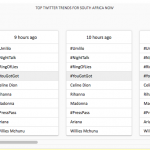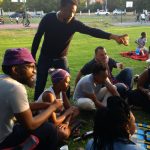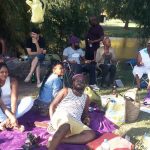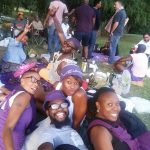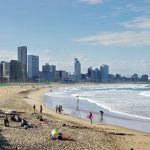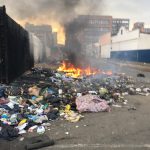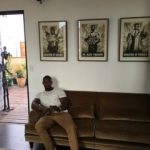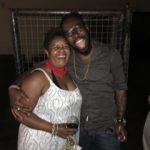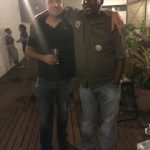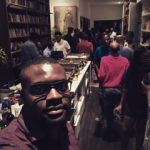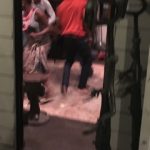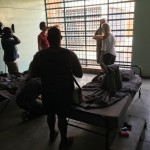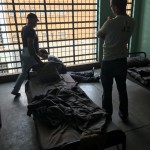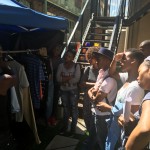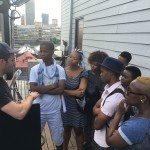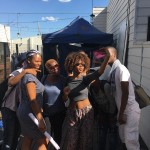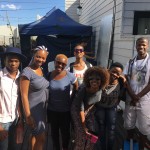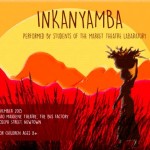I’m in Washington DC and so I can’t watch my show Umlilo. Normally each Monday night I watch, chat to friends, and watch the twitter feeds.
Today I wake up and check twitter see we trended number one for seven hours straight! That means for the duration of the show and most of the night afterwards we were the number one thing talked about thing in South Africa.
I’m blessed to be a part of this show, the writers, crew, brilliant cast. Sitting 7,000 miles away, I feel deeply connected to South Africa at this moment, honored to be a part of shaping the country’s imagination, and in turn fed and connected by my adopted home.

